News
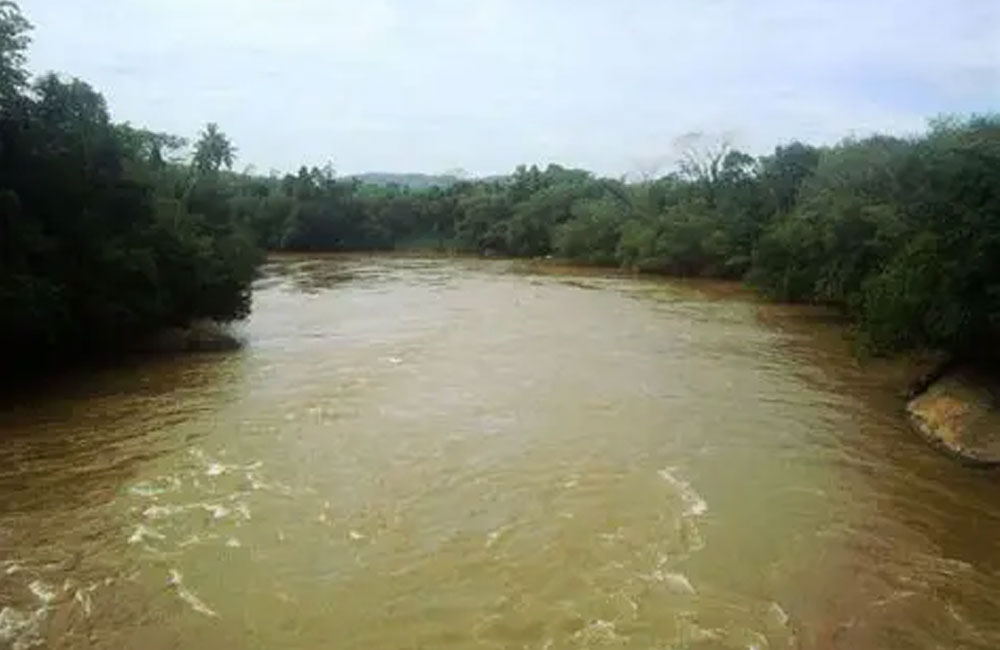
Kelani River Water Level Falls to Minor Flood Stage
The Department of Irrigation has reported that the Kelani River’s water level has now fallen to a minor flood stage. At the Nagalagam Street gauge, the river measured 6.9 feet at 2:00 p.m., dropping slightly to 6.75 feet by 3:00 p.m. Meanwhile, the Hanwella gauge recorded a decrease from 7.14 feet to 7.07 feet over the same period, although the river remains at a dangerous level.
The department also noted that water levels are gradually receding in other rivers, including the Kalu Ganga and Malwathu Oya. At the Thanthirimale gauge on the Malwathu Oya, the water level decreased from 8.24 feet at 2:00 p.m. to 8.19 feet by 3:00 p.m., yet major flooding persists in parts of the river basin.Authorities continue to monitor all affected waterways and advise residents in vulnerable areas to remain vigilant.
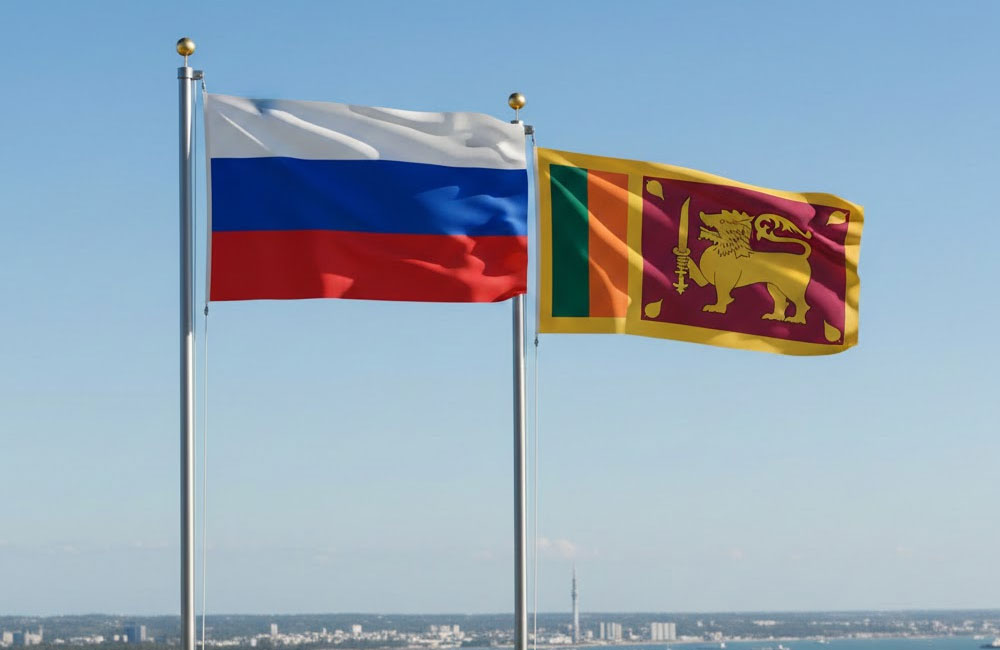
Russian President Expresses Solidarity with Sri Lanka After Cyclone Ditwah
Russian President Vladimir Putin has sent a message of condolence to President Anura Kumara Dissanayake as Sri Lanka continues to confront the severe devastation caused by Cyclone Ditwah, which triggered deadly floods and landslides across multiple districts.
In his statement, President Putin expressed profound sorrow over the high number of casualties and the extensive damage left in the cyclone’s wake.
“Your Excellency, please accept my sincere condolences over the numerous human casualties and the extensive destruction caused by the floods and landslides that have struck your country. I ask you to convey words of sympathy and support to the families and loved ones of those who perished, as well as wishes for a speedy recovery to all those injured,” the message read.
President Putin also assured that Russia stands ready to extend assistance as Sri Lanka continues its relief and recovery operations following one of the most destructive weather events in recent years.
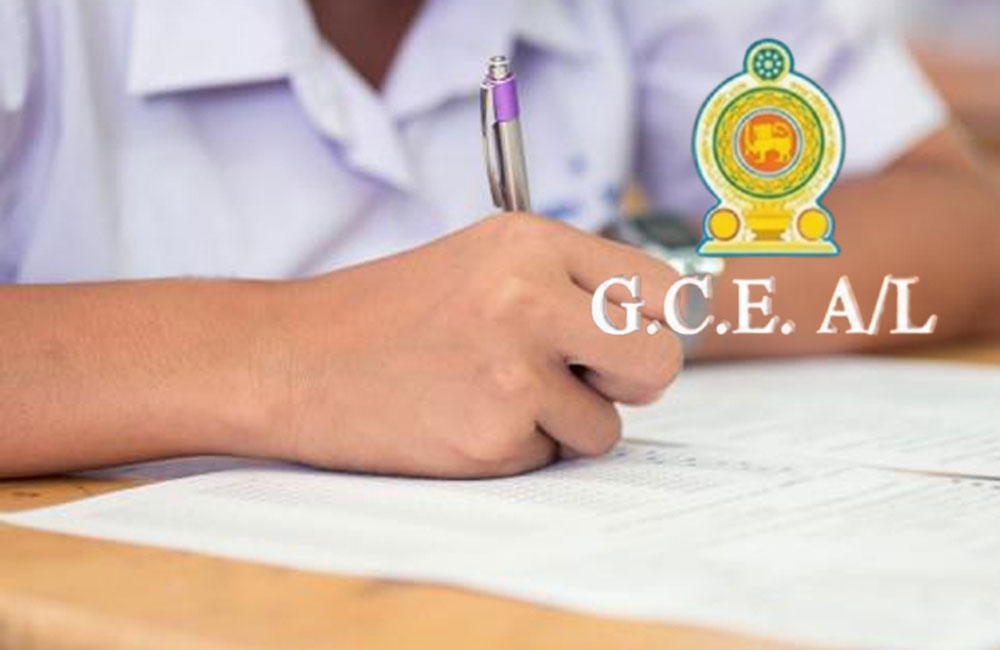
Remaining A/L Exams Scheduled for Early January; Schools and Universities to Reopen in December
The Secretary to the Ministry of Education, Higher Education, and Vocational Education, Nalaka Kaluwawa, confirmed that the remaining subjects of the G.C.E. Advanced Level examination, postponed due to the country’s recent severe weather, will take place in early January 2026.
Regarding school reopenings, Kaluwawa stated that after assessing conditions at provincial and district levels, schools in regions unaffected by transport interruptions, power outages, or communication disruptions will reopen on December 16. Reopening plans for schools in more heavily impacted areas will be determined in coordination with provincial and district authorities.
He added that higher education institutions, including universities, National Colleges of Education, and vocational training centers that were not impacted by the disaster, are expected to resume operations on December 8. Heads of institutions facing operational difficulties will be granted the authority to decide on appropriate reopening dates for their campuses.
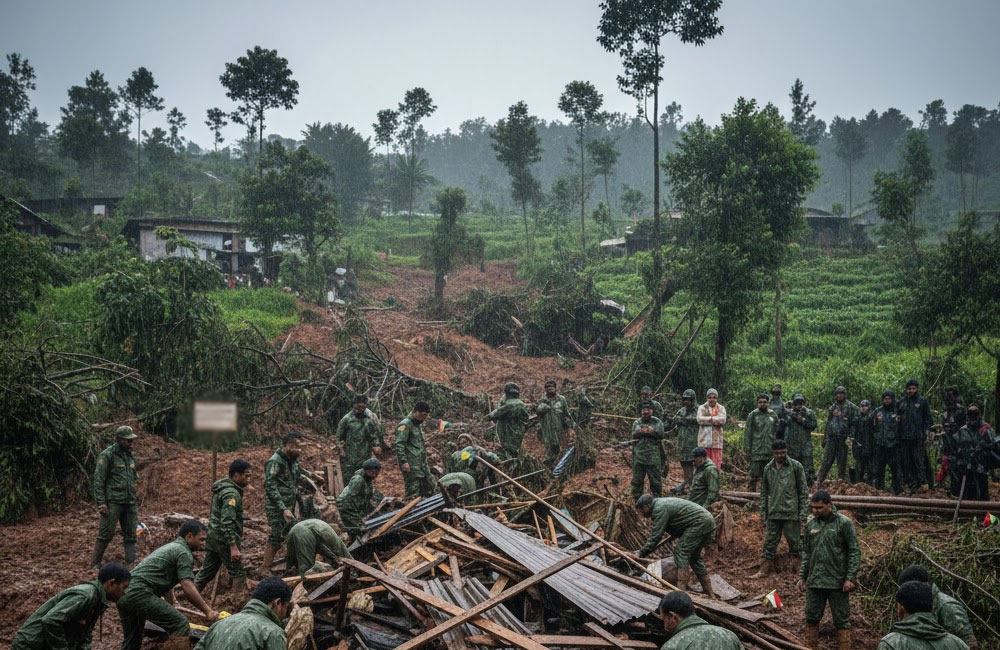
Army Continues Search for Missing Family After Kandapola Landslide
The Sri Lanka Army has launched an extensive search operation to find a family reported missing after a landslide hit the Chandirigama area in Kandapola. The incident, triggered by intense rainfall, has left a mother, her two children, and their grandmother unaccounted for, according to local reports.
Troops from the 3rd Battalion of the Sinha Regiment in Nuwara Eliya commenced the search yesterday (01). Authorities said the family's home collapsed during the heavy rains on November 27, and neighbours believe all four were inside at the time of the incident.
Police confirmed that search efforts remain ongoing as rescue teams continue to scour the area.
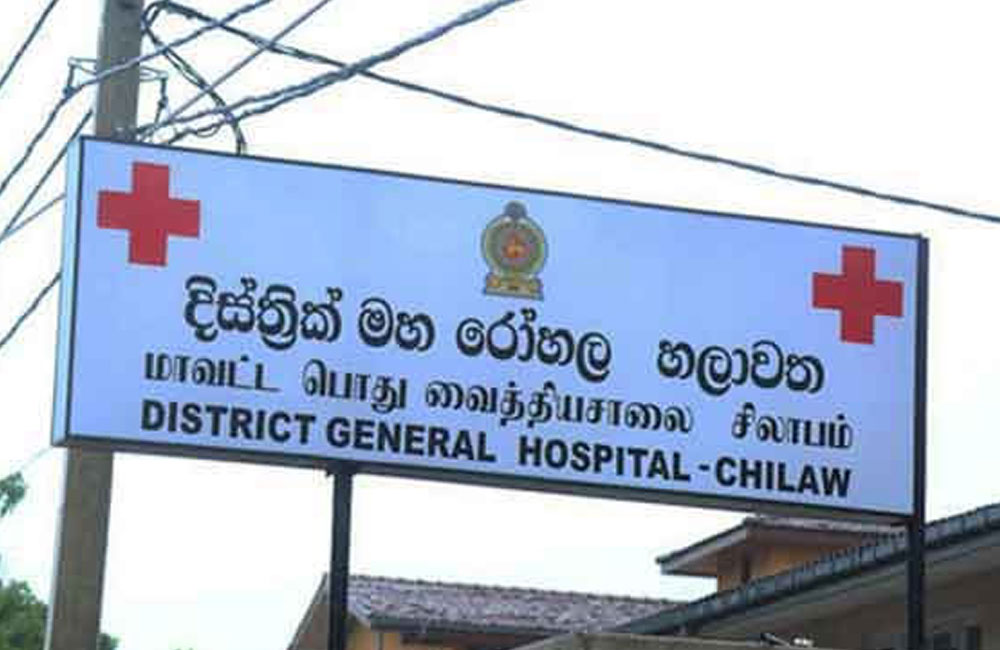
Chilaw Hospital OPD Set to Resume Services Tomorrow
The Ministry of Health has confirmed that the Outpatient Department (OPD) at the Chilaw District General Hospital will resume services tomorrow (03), after being temporarily shut down due to the severe weather conditions that disrupted the facility.
According to the hospital’s Deputy Director, power was restored by yesterday (01), while the water supply became operational earlier today (02), enabling the hospital to restart essential functions.
The Ministry added that repairs to other flood-damaged areas of the hospital are being expedited. Officials say the goal is to restore full service delivery as quickly as possible so the public can once again access all healthcare facilities without interruption.

Sri Lanka’s Weather-Related Death Toll Rises to 410
The Disaster Management Centre (DMC) has announced that fatalities linked to the islandwide extreme weather conditions have increased to 410. The ongoing disaster, which has affected every district in Sri Lanka, continues to cause significant damage and displacement.
According to the DMC, continuous rainfall, flooding, and landslides have intensified the crisis, prompting widespread emergency response efforts. Authorities are working with rescue teams and regional administrations to support affected communities as the situation remains critical.

US Special Envoy Updates President Dissanayake on American Support for Cyclone Relief Efforts
United States Special Envoy for South and Central Asia and Ambassador to India, Sergio Gor, has spoken with President Anura Kumara Dissanayake regarding the ongoing rescue and relief measures following the devastation caused by Cyclone Ditwah.During the discussion, Gor reaffirmed that the United States is closely observing the evolving situation and extended heartfelt condolences to the families who have lost loved ones in the disaster.
President Dissanayake, in response, expressed his appreciation for the United States’ steady support during Sri Lanka’s time of crisis. Cyclone Ditwah has claimed hundreds of lives and displaced hundreds of thousands, creating one of the most severe humanitarian challenges in recent years.
The United States has already announced a contribution of US$ 2 million to bolster Sri Lanka’s immediate emergency response and relief efforts.

Vehicle Import Surge Deepens Trade Gap, Risks Economic Stability
Sri Lanka’s import bill surged to US$ 2,156.8 million in October, with vehicles alone absorbing US$ 261 million, creating renewed concerns over the economy’s growing external vulnerabilities. The sharp spike comes just months after the Central Bank attempted to slow the foreign exchange drain by restricting bank and finance company lending for vehicle purchases—a move now proving insufficient against pent-up demand and looser post-restriction import conditions.
While the economy continues to expand mirroring 2024’s 5% GDP growth the revival in consumption has created an import-heavy recovery. Fuel imports rose to US$ 357.8 million in October, with refined petroleum accounting for the bulk of the expenditure. Over the first ten months of 2025, Sri Lanka spent US$ 3.3 billion on fuel and US$ 1.46 billion on vehicles, reflecting the scale of the country’s dependence on international markets.
With total merchandise imports reaching US$ 17.55 billion (a 13.8% rise), the country’s trade deficit widened sharply, hitting US$ 1,007.4 million in October alone—the highest monthly deficit recorded this year. Exports, meanwhile, stagnated at US$ 1.15 billion, failing to keep pace with the import surge. The ten-month trade deficit now stands at US$ 6.2 billion, up from US$ 4.7 billion last year, placing renewed pressure on the fragile recovery in external balances.
The impact is already visible in Sri Lanka’s current account, which slipped into a US$ 199.5 million deficit in October the second consecutive month in the red—raising red flags about sustainability. Although the current account still shows a US$ 1.65 billion surplus for the first ten months, the momentum is clearly weakening.
Beyond the headline numbers, the resurgence in vehicle imports is creating serious structural risks. According to the Ceylon Motor Traders Association (CMTA), the post-February 2025 relaxation of restrictions has triggered a wave of indirect imports, many entering without proper safety inspections, verified histories, or manufacturer warranties. CMTA warns that these vehicles—often under-invoiced or routed through grey channels—pose long-term risks to both consumers and the economy.
Hidden defects, tampered odometers, and lack of after-sales support mean buyers may save at the point of purchase but face steep costs down the line. More critically, such imports undermine government revenue through loss of customs duties, distort market competition, and create recurring pressure on foreign exchange as spare parts must be sourced externally without manufacturer backing.
Authorized agents, CMTA stresses, offer vehicles built for Sri Lankan conditions, backed by warranties, proper recalls, trained technicians, and ethical foreign currency transactions. In contrast, grey imports bypass key regulatory checks, leaving buyers exposed and depriving the state of millions in revenue.
As vehicle imports accelerateand as consumers increasingly turn to unregulated channels—the economic consequences are mounting: widening deficits, rising FX pressure, reduced revenue collection, and heightened consumer risk. Without stronger regulatory enforcement and tighter oversight of import channels, Sri Lanka risks repeating past cycles of unsustainable import-led expansion, further weakening its fragile recovery.
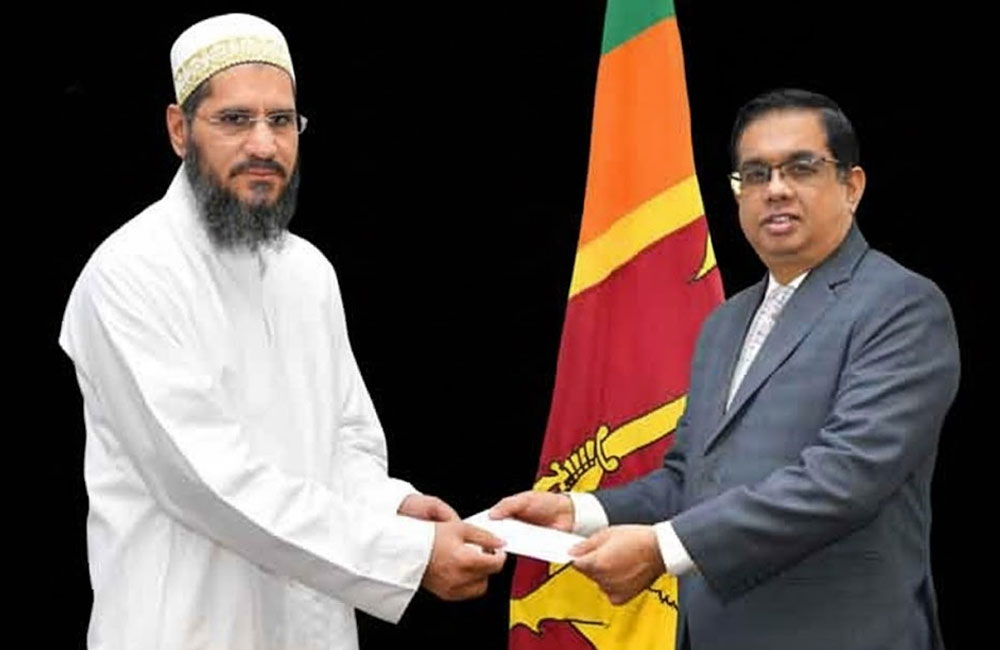
Dawoodi Bohra Community Contributes Rs. 10 Million to Support Sri Lanka’s Flood Relief
The Sri Lanka Dawoodi Bohra community has extended significant financial support to national flood relief efforts by donating Rs. 10 million to aid those affected by the recent severe weather conditions.
The donation was formally handed over this morning (02) at the Presidential Secretariat, where the Chairman of the Sri Lanka Dawoodi Bohra Community, Ibrahim Jaffer Zaini, presented the cheque to the Secretary to the President, Dr. Nandika Sanath Kumanayake. The contribution was made on behalf of the global Bohra spiritual leader, His Holiness Syedna Mufaddal Saifuddin.
Community representatives noted that they intend to continue assisting the government’s humanitarian operations, including rescue missions and relief distribution. They also expressed appreciation for the measures already taken by authorities to support families and regions impacted by the widespread flooding.

Relief Plan Exposes Deeper Cracks in Sri Lanka’s Fragile Economy
Sri Lanka’s latest emergency relief push rushed out as floods and landslides devastate homes, highways, and entire districts has triggered fresh scrutiny over the government’s dependence on costly imports and ad-hoc crisis management. Behind the promises of rapid delivery lies a deeper question: can an economy still recovering from its worst financial collapse realistically sustain another round of disaster-driven expenditure?
Commissioner General of Essential Services B.K. Prabath Chandrakeerthi confirmed that the state will import frozen vegetables that meet Agriculture Department standards to fill immediate food shortages. But with foreign reserves under stress and the rupee already vulnerable, economists warn that every new import bill tightens the fiscal noose. Floods have destroyed more than 15,000 homes and left over 200 roads impassable, meaning transport costs—and by extension, retail prices are set to surge in the weeks ahead.
While the government plans to publicise district-level lists of required essentials to help suppliers respond faster, past crises show that such decentralised reporting is often plagued by inconsistencies, political interference, and poor verification. Several District Secretariats in highly affected provinces have yet to restore full operations, raising doubts over the accuracy of the needs assessments that will drive procurement decisions.
Officials have opened discussions with Litro Gas to safeguard the distribution of LP gas, but the state’s track record suggests that logistical bottlenecks, not supply shortages, will determine whether cylinders reach rural and hill-country households. Landslides have severed key routes in Badulla, Ratnapura, Nuwara Eliya, and Matale areas heavily dependent on timely fuel and gas deliveries.
The government’s medium-term plan aims to create a centralised list of needs through the Prime Minister’s Office, giving local and international donors a clearer view of what to send. Aid arriving from abroad will be processed through the Disaster Management Centre to secure tax concessions, a move expected to speed up Customs clearance.
However, policy analysts argue that this system essentially outsources disaster recovery to donors, highlighting the state’s depleted fiscal capacity. Sri Lanka’s public debt remains above 120% of GDP, and emergency imports—even essential ones—could widen the trade deficit at a time when foreign exchange inflows have slowed. The reliance on frozen food imports also risks hurting recovering local farmers once floodwaters recede, unless the government phases out imports quickly.
Critics say the current relief framework is reactive rather than strategic. Without real-time data integration across ministries, digitised supply chains, and stronger district administration, the risk of mismatched aid, duplication, and delays remains high.
For thousands displaced across multiple provinces, the real test is not the government’s announcements but whether food, gas, and basic necessities arrive before shortages turn into a secondary humanitarian crisis. As economic vulnerabilities collide with climate disasters, Sri Lanka faces a painful question: how many more shocks can a weakened economy absorb?
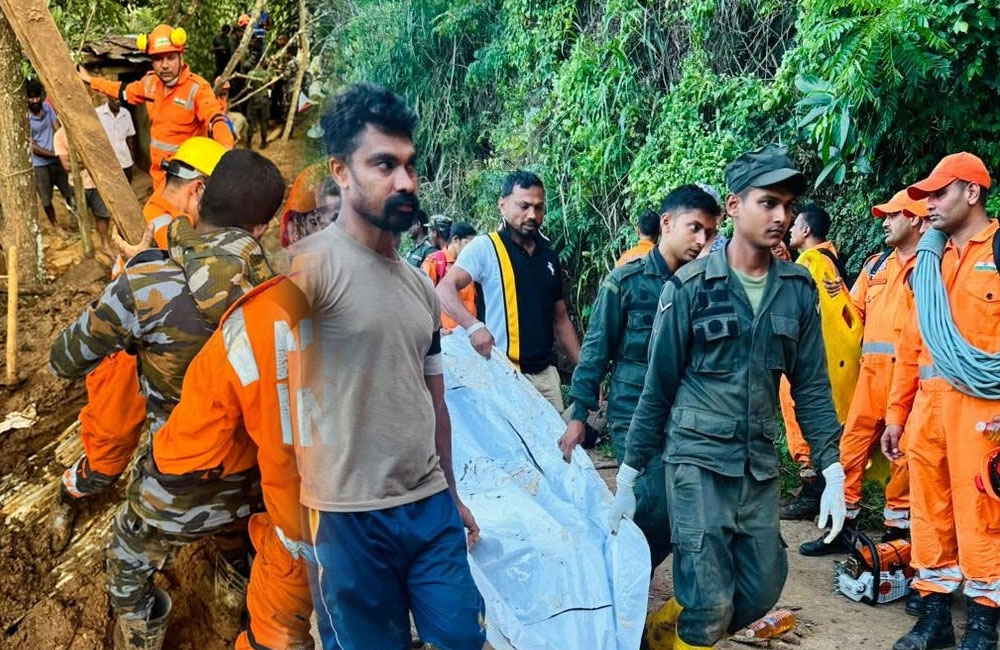
Search Operations Continue Nationwide; NDRF Recovers Body in Badulla
Security forces across Sri Lanka continue to carry out extensive search operations to locate individuals reported missing amid the ongoing disaster situation.
In Badulla, a team from India’s National Disaster Response Force (NDRF) recovered the body of one missing person following a difficult rescue and retrieval mission. According to officials, the remains were found buried under more than five feet of debris, highlighting the severe impact of the recent landslides and flooding in the area.
Search and recovery efforts remain ongoing as authorities work to account for all those affected by the islandwide calamity.

Pathfinder Foundation to conduct webinar on management of public finances
The Pathfinder Foundation (PF) will hold a webinar on the 2 December 2025 at the Colombo Club, Taj Samudra. The event primarily focuses on the theme, “Managing Public Finance: The South Asian Experience” and aims to bring together officials, scholars, representatives from leading think tanks, and related field experts.
Pathfinder Chairman Bernard Goonetilleke will deliver the opening remarks. The key resource persons for the event include; former International Monetary Fund Asia and Pacific Department Director Anoop Singh, a PF Distinguished Fellow and former Central Bank of Sri Lanka Governor Dr. Indrajit Coomaraswamy, and a Distinguished Fellow and former Ministry of Finance and Planning Secretary Dr. R.H.S. Samaratunge.
This discussion is organised as a tribute to Anoop Singh, who was the IMF’s Resident Representative in Colombo during the landmark economic reform program in 1977. During his tenure, he worked very closely with the Sri Lankan authorities to design wide-ranging reforms of the country’s trade and payments system. This marked a radical shift from a strongly dirigiste, inward-looking economy to a more market-oriented system. He was also supportive of Sri Lanka during his subsequent tenure as Director of the IMF’s Asia and Pacific Department. He was known for his strong problem-solving approach to advancing the agenda.
This webinar aims to foster a constructive and insightful discussion on the importance of effective public financial management. As global economic dynamics evolve amid changing trade patterns, the importance of sound fiscal governance has never been greater. The discussion in this webinar will highlight practical pathways for countries, especially in South Asia, to strengthen fiscal resilience, improve debt management, and align public finance with long-term developmental objectives. Furthermore, the event will focus on a detailed examination of the causal factors, effects and other implications of recent crisis-like situations that rapidly evolved into full-scale socio-political upheavals, as seen in Sri Lanka (2022), Bangladesh (2024), and Nepal (2025) – and how economic mismanagement worsened and accelerated these crises.
The webinar will be conducted in a hybrid format, enabling both online and in-person attendance (by invitation only). Interested participants are encouraged to join the webinar by filling out the registration form available at the link below.
https://docs.google.com/forms/d/e/1FAIpQLScwqqXucGDAQj8vUemd0ydNQDFo9V_C5kk-XH0PyZ4DDaD6Yg/viewform?usp=dialog
The Pathfinder Foundation continues to promote dialogue among relevant field experts, aiming to lead Sri Lanka towards a sustainable and prosperous future.
(DailyFT)
Page 46 of 663